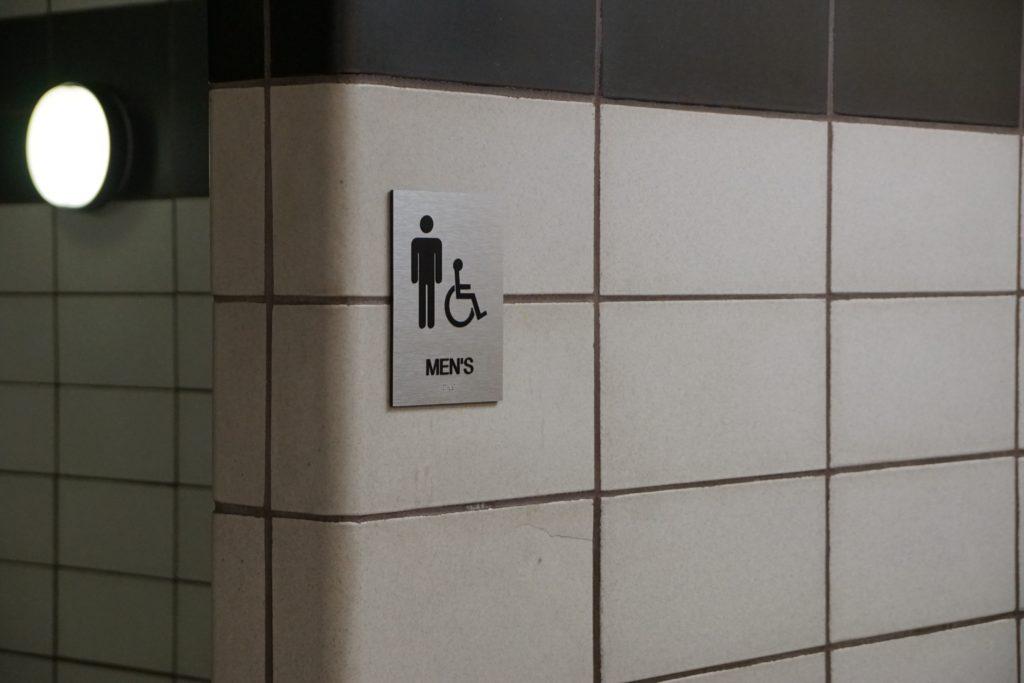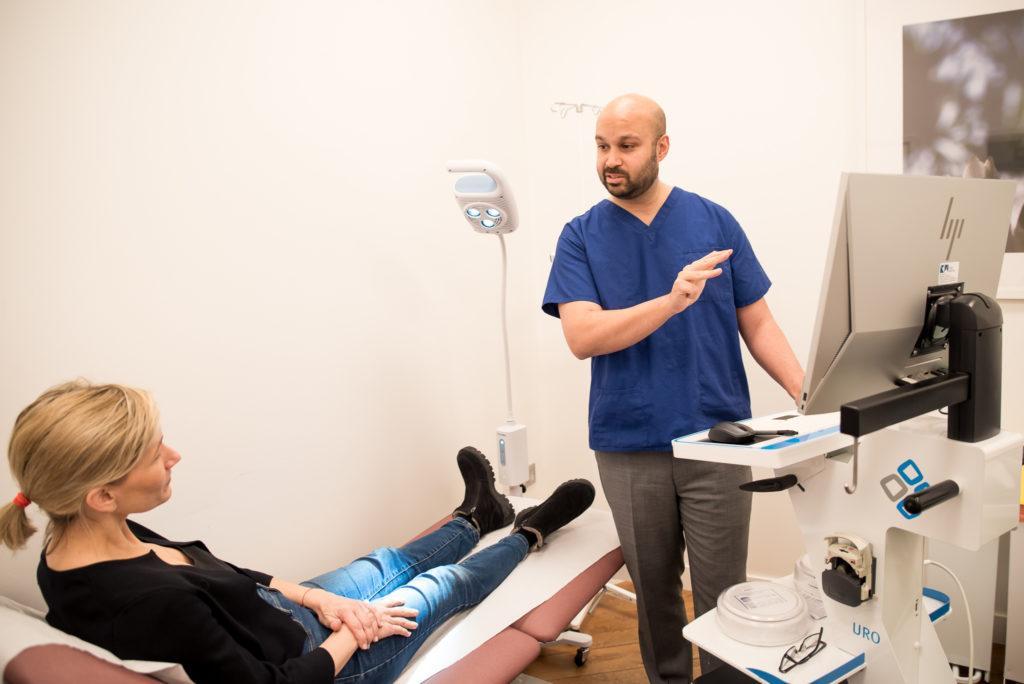Leaking after Prostate Cancer Surgery

Prostate cancer is a common concern among men, and while advancements in medical technology have improved treatment outcomes, they can sometimes bring along unwanted side effects. One such side effect is leaking after treatment or post-prostatectomy incontinence, which can significantly impact a man’s quality of life. In this post, we’ll delve into what post-prostatectomy incontinence is, its causes, and the various treatment options available.
Post-prostatectomy incontinence refers to the unintentional leakage of urine following a prostatectomy, a surgical procedure to remove the prostate gland. This leakage occurs because the surgery can weaken or damage the muscles and nerves that control bladder function, leading to difficulties in controlling the flow of urine. Having radiotherapy or brachytherapy can also impact the bladder which can compound the leakage.
The most common type of post-prostatectomy incontinence is leakage when you strain or move – stress incontinence. However, there can be overlap with urge incontinence where you get the sudden urge to urinate and are unable to make it to the toilet in time. It is important to understand that post-prostatectomy incontinence is a spectrum and the symptoms you have will dictate which treatments work best.
Treatment Options:
- Behavioral Strategies: Lifestyle changes, such as monitoring fluid intake, managing weight, and avoiding bladder irritants like caffeine and alcohol, can help minimize incontinence episodes.
- Pelvic Floor Exercises (Kegels): These exercises involve strengthening the pelvic floor muscles that support bladder and bowel control. A physical therapist can guide patients through the proper techniques to enhance muscle tone and control.
- Biofeedback: This technique uses sensors to monitor pelvic floor muscle contractions, providing real-time feedback to help patients learn how to control these muscles effectively.
- Medications: Certain medications can help manage incontinence by reducing bladder spasms or increasing bladder capacity. Consulting a healthcare professional is essential to determine the appropriate medication and dosage.
- Surgical Interventions: In cases of severe stress incontinence, surgical procedures such as sling surgery or artificial urinary sphincter implantation may be considered. These procedures aim to provide additional support to the urinary system. Bladder botox injections
- Catheters and Absorbent Products: For temporary management, catheters and absorbent products can provide relief while working on improving bladder control through other methods.
While post-prostatectomy incontinence can be a challenging and distressing condition, it’s essential to remember that there are various treatment options available to help individuals regain control over their bladder function.
Here at The London Bladder Clinic, our clinicians have years of experience in researching and managing this condition. Our clinicians have published multiple peer-reviewed articles on the subject and are best placed to help you regain control.
A selection of published works on post-prostatectomy incontinence by our clinicians:
- Nguyen L, Leung LY, Walker R, Nitkunan T, Sharma D, Seth J. The use of urethral bulking injections in post-prostatectomy stress urinary incontinence: A narrative review of the literature. Neurourol Urodyn. 2019 Nov;38(8):2060-2069. doi: 10.1002/nau.24143. Epub 2019 Aug 20. PMID: 31432568.
- Ribeiro L, Leung LY, Tan N, Low ZY, Nagarajah M, Ahmed G, Carey M, Sabbagh S, Sharma D, Seth J. Predictors for adverse events following intravesical botulinum toxin injections in men. Neurourol Urodyn. 2023 Sep;42(7):1499-1505. doi: 10.1002/nau.25230. Epub 2023 Jun 29. PMID: 37386824.
- MacAskill F, Sheimar K, Toia B, Sri D, Seth J, Sharma D, Hamid R, Greenwell T, Ockrim J, Taylor C, Malde S, Sahai A. Prevalence of chronic pain following suburethral mesh sling implantation for post-prostatectomy incontinence. Neurourol Urodyn. 2021 Apr;40(4):1048-1055. doi: 10.1002/nau.24666. Epub 2021 Apr 1. PMID: 33792985.

